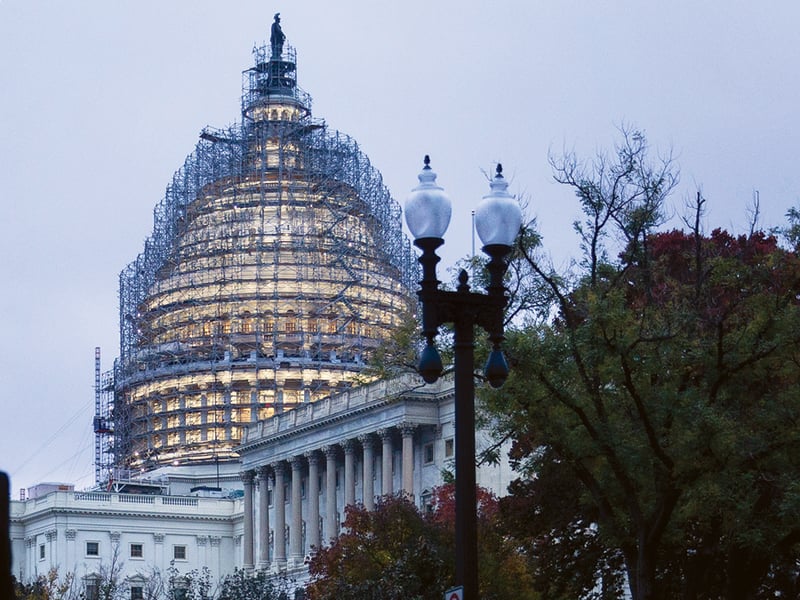A House committee Tuesday sent two bills that would halt a Labor Department fiduciary rule to the chamber floor without Democratic support.
The House Education and Workforce Committee approved the measures on party-line votes. It's not clear when the full House will take them up.
Each of the bills would require Congress to approve the DOL rule — which requires advisers to act in the best interests of clients when advising on 401(k) and individual retirement accounts — before it goes into effect. In the likely event lawmakers fail to approve the DOL rule, it would be replaced with an advice standard drawn up in the bill, which includes a best-interests clause and disclosure of conflicts, compensation and fees.
One of the bills would amend federal retirement law and the other would change the U.S. tax code. The latter bill also is slated to be voted on by the House Ways and Means Committee on Wednesday.
The measures have
bipartisan authors, but failed to garner Democratic votes during Tuesday's mark-up.
Democrats said Congress should not pass legislation until the final DOL rule is released. Last Thursday, the Labor Department
sent the rule to the Office of Management and Budget for review, and is expected to make it public in March or April.
Even a Democrat who has expressed concerns about the regulation and has asked DOL to offer another comment period after the final rule comes out, opposed the bills to stop it.
“The timing just doesn't make sense,” said Rep. Jared Polis, D-Colo. “This bill is simply premature.”
Tuesday's committee votes demonstrate the influence
President Barack Obama's strong support of the rule continues to have over Capitol Hill Democrats.
Dozens of Democrats have signed letters to DOL asking for the rule to be modified. But they've also expressed hope that the
agency is listening and will revise the proposed rule before it becomes final.
Advocates say the fiduciary rule will stop the erosion of savings attributable to high-fee investments sold by brokers.
Opponents assert the rule would significantly increase brokers' liability risks and regulatory costs and force them to abandon investors with small accounts.
“It creates a convoluted regulatory scheme that will drive up the cost of retirement advice,” said Rep. John Kline, R-Minn., chairman of the House Education and Workforce Committee. “Men and women will lose access to their trusted financial advisers.”
Democrats countered that the bills would establish a toothless best-interests standard.
“These bills would enable unscrupulous advisers to use fine print and boilerplate language that nobody understands to disclose and disclaim their way from their fiduciary obligation,” said Rep. Bobby Scott, D-Va., ranking member of the committee.
Mr. Scott also said requiring affirmative congressional approval of a regulation is “constitutionally suspect.”
But Republicans asserted the DOL is running amok, and Congress needs to step in.
“The stakes are too high for Congress to sit back and do nothing,” Mr. Kline said.







